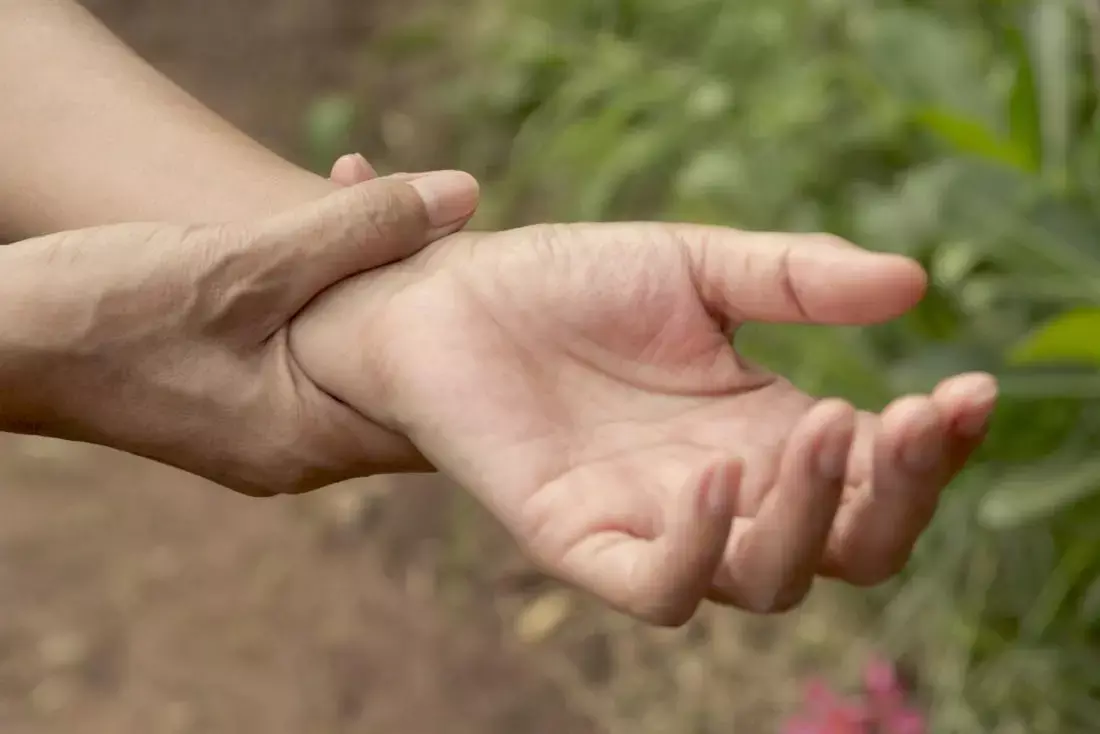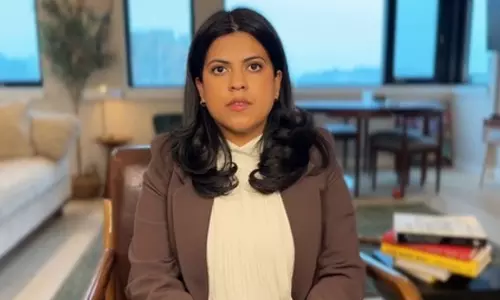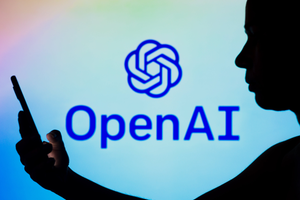
Microsoft, OpenAI sued by authors for copyright infringement
text_fieldsNew York: Another class-action complaint has been filed against Microsoft and San Altman-run OpenAI by authors of books. They claim that the companies "simply stole" their copyrighted works in order to help "build a billion-dollar artificial intelligence system."
The complaint was filed late on Friday by non-fiction writers Nicholas Basbanes and Nicholas Gauge in federal court in Manhattan, according to NBC.
Basbanes and Gage seek to represent a class of writers "whose copyrighted work has been systematically pilfered by" Microsoft and OpenAI.
"They're no different than any other thief," the lawsuit alleged, adding that it will include all people in the US "who are authors or legal beneficial owners" of copyrights for works that have or are being used by the defendants to "train their large language models”.
The lawsuit seeks damages of up to $150,000 for each work that the defendants infringed, the report mentioned.
The lawsuit alleged that OpenAI's system relies on being trained by ingesting "massive amounts of written material," which includes books written by Basbanes and Gage.
Microsoft or OpenAI were yet to comment on the new lawsuit.
In September last year, the Authors' Guild and 17 well-known authors like Jonathan Franzen, John Grisham, George R.R. Martin, and Jodi Picoult filed a lawsuit in the Southern District of New York against OpenAI.
According to the complaint, OpenAI "copied plaintiffs' works wholesale, without permission or consideration" and fed the copyrighted materials into large language models.
In the same month, authors Michael Chabon, David Henry Hwang, Rachel Louise Snyder and Ayelet Waldman alleged in a lawsuit that OpenAI benefits and profits from the "unauthorised and illegal use" of their copyrighted content.
With inputs from IANS






















